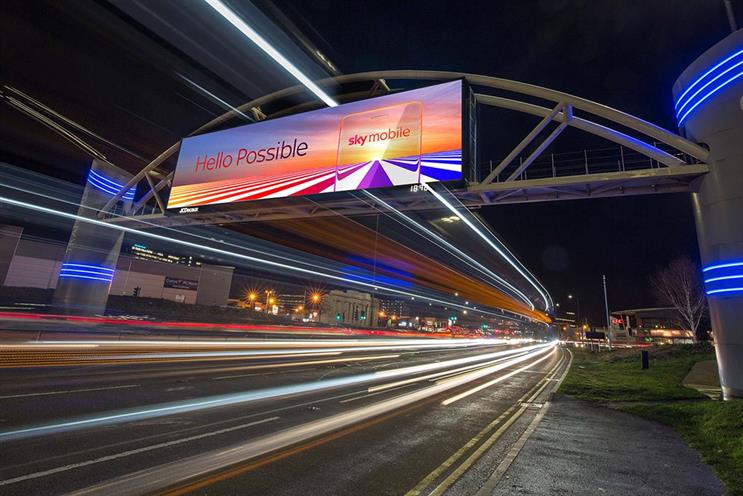
The coronavirus pandemic has driven a record decline in UK marketing budgets, the IPA’s latest Bellwether Report has revealed in more than 20 years of measuring brands’ communications activity.
The economic damage caused by the outbreak has led to a broad reduction in all types of marketing, with events spending hardest hit, according to the IPA's second-quarter analysis.
The net balance of companies that cut marketing budgets fell to -50.7% in April-June, down from -6.1% in the first quarter, with almost two-thirds (64%) of respondents signalling a reduction in spend compared with the first quarter. Only 13% posted an increase.Â
It makes for even gloomier reading than the final quarter of 2008, when the UK was in the grip of the global financial crisis. Then, the net balance of companies cutting marketing spend was -41.7%.Â
Unsurprisingly, with social-distancing restrictions in place since March, funding for events marketing saw the sharpest cut in the second quarter. A net balance of -76.6% of companies registered a decline in events budgets, with more than 80% reporting a decrease. Just 3.6% posted a rise.

Main media advertising also reported a steep drop (the most severe since the survey’s records began), with a net balance of -51.1% of marketers seeing a fall in available spend. The worst-performing sub-category was out-of-home (-61.2%), followed by audio (-50.0%), published brands (-49.2%), video (-39.3%) and other online (-35.1%).
Across each of the seven broad marketing types, direct marketing and public relations fared least worst, both posting net balances of -41.6%, compared with market research (-42.2%), sales promotions (-51.2%) and other marketing expenditure (-59.2%).Â
Meanwhile, two-thirds of those surveyed reported a "pessimistic" outlook for their company’s finances, compared with just 11.5% who expected an improvement, taking the net balance to -55.1%. It is a similar picture for industry-wide sentiment, with nearly three-quarters (72.4%) downbeat about financial prospects compared with 6.4% who were optimistic.Â

With many businesses temporarily closed throughout the majority of the second quarter, IHS Markit, which authored the Bellwether Report, is expecting a 11.3% reduction in adspend during 2020. However, this figure is heavily dependent on most sectors in the UK economy remaining open for the rest of the year – something that could be scuppered by a second wave of infections leading to further lockdowns.
The report is anticipating a "robust" recovery in economic conditions next year, as businesses return to operating at full capacity. IHS Markit is predicting a 4.9% expansion in GDP next year and adspend growth of 6%, with "above-average growth" in later years as conditions stabilise in 2024.Â
Paul Bainsfair, the IPA's director-general, said: "As we suspected, these Q2 Bellwether figures reveal the very grave impact of Covid-19 on UK companies’ marketing budgets, financial prospects and employment plans. Understandably, companies in the most severely disrupted sectors have had few options but to preserve cash and operations to survive until trading conditions are more benign. We can only hope that the range of government aid – from VAT cuts to the 'eat out' scheme, in addition to the furlough scheme and more, can help to facilitate this.Â
"While the future trajectory of the economy is unpredictable, however, that of brands starved of marketing investment is much clearer. Our evidence from previous recessions and periods of buoyancy consistently shows that cutting marketing investment weakens brands in the near term and limits growth and profitability in the long term."
However David Mulrenan, head of investment at Zenith, is optimistic about the future saying that although TV was hit hard in April and May, June and July are showing recovery and "August currently looks to be bouncing back as more money is hitting the market".
He said: "This could be down to the pent-up demand that has been released by the relaxation of lockdown rules, but is a very promising sign for market recovery in general. What advertisers will need for the rest of the year is flexibility from media owners, as if they can offer this, advertisers are showing they are willing to invest in their long-term brand health."

